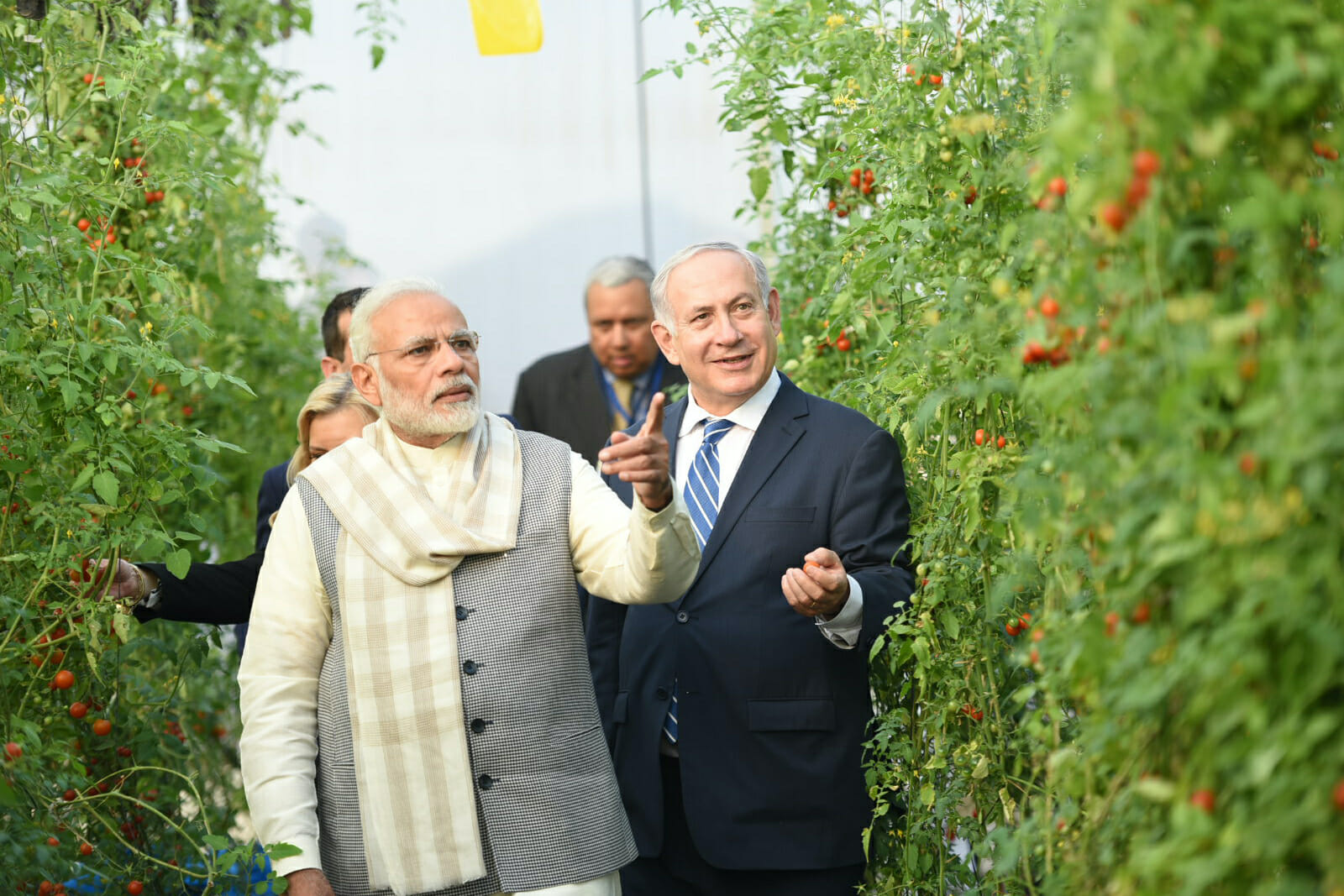
Who was Behind the Bomb Attack on the Israeli Embassy in India and Why?
On January 29, a small bomb exploded outside the Israeli embassy in the Indian capital of New Delhi. The damage was superficial, and no one was injured. Soon after, Jaish-ul-Hind, a previously unheard group, claimed responsibility.
Since then, Israel’s intelligence agency, Mossad, has apparently joined the investigation with the Indian police. Meanwhile, Israel’s ambassador to India, Ron Malka, has claimed that Iran was behind the attack.
Malka’s assertion is similar to Israel’s response to a previous attack nine years ago. Then, a bomb placed on an Israeli embassy car exploded in New Delhi, injuring a diplomat and a local staff member.
Two questions arise: why has Israel been so quick to blame Iran and why has this attack happened in India?
First in relation to Israel’s accusations against Iran. Suspicions were raised by a letter that was reportedly found at the scene which was addressed to the Israeli ambassador. It called the attack a “trailer” and referred to the former Iranian general Qassem Soleimani as a “martyr.” Soleimani was assassinated in a U.S. drone strike attack at the Baghdad airport at the start of 2020 ordered by then President Donald Trump.
The tensions between Israel and Iran are both longstanding and deep. Since Iran’s Islamic Revolution in 1979, its leaders have been hostile towards both the West and Israel. They see them as two sides of the same coin. Not only do they see the U.S. and Israel opposed to its regional position and influence, but they have also called for Israel to be wiped off the face of the earth.
In response, Iran has pushed back. It has used the Hezbollah militia in Lebanon as a proxy to attack Israel. Israel is also spooked by Iran’s nuclear programme. Iran claims that it is for civilian purposes, but Israel believes they intend to build a nuclear weapon.
Arguably, that threat receded when the U.S. and other major powers agreed to the Joint Comprehensive Plan of Action (JCPOA) in 2015, whereby Iran froze its nuclear programme in exchange for sanctions relief. Israel was opposed to the Iran nuclear deal. It did not believe Iran could be trusted. Consequently, it welcomed then President Donald Trump’s decision to withdraw from the nuclear deal and reimpose sanctions.
However, in response to this “maximum pressure” strategy, Iran began the production and stockpiling of nuclear material. Now, with Trump gone, the new U.S. president, Joe Biden, has expressed an interest in returning to the JCPOA. He is also judged to be personally cooler towards Israel than Trump was. Consequently, Malka’s accusation of Iranian involvement in the Indian bomb attack may be directed towards Washington and is meant to remind the U.S. who its real friends are.
But why should the attack have happened in India? One reason may be that it was a more accessible place for the perpetrators to carry it out. The police suspected it was an amateur who carried out the actual attack, but whose actions were directed from abroad.
The Indian police are keeping their options open. They are currently studying the resident Iranian community to see if there is anyone among them who might be motivated enough to carry out such an attack.
At the same time, the agent might not be Iranian, but Indian. If so, the reasons for their becoming sufficiently radicalized to become involved in such an attack may be in reaction to India’s growing closeness with Israel and the shared anti-Muslim ideology of their leaders.
Although India established diplomatic relations with Israel in 1992 after decades of non-recognition, it has only become especially warm in recent years, when Narendra Modi became prime minister in 2014. He has pursued a “Look West” policy to balance the earlier eastward orientation, in a bid to increase trade and investment, including from the Middle East, especially the Gulf. Israel has been an important partner in this regard. As well as growing investment between the two countries, India has become a major buyer of Israeli military equipment and has shown interest in its digital and cybersecurity technologies.
Besides the growing diplomatic and commercial ties between India and Israel, the two countries’ leaders have also shown a personal and ideological affinity. Both Modi and Benjamin Netanyahu have stoked anti-Muslim sentiment in India and Israel respectively. Moreover, Modi is a Hindu nationalist who rejects India’s nature as a secular state. Since his time as governor of Gujarat state, he has pursued policies which discriminated against Indian Muslims who make up the world’s largest minority population.
Meanwhile, in Israel, Netanyahu won the 2015 election by warning against Arabs “voting in droves.” In Israel, Palestinian Arabs – who are mostly Muslim – make up 20 percent of the population. Then, in 2018, Netanyahu oversaw the passage of the Nation-State Law, which recognized Israel as a Jewish state, thereby disregarding those who do not identify as such.
If it does turn out that the instigator of the attack turns out to be an Indian – perhaps a Muslim motivated by Modi or Netanyahu’s behavior – the causes and consequences could well be tragically ironic. Both Modi and Netanyahu have built their careers portraying Islam and Muslims as threats. For both men, their worldviews offer little difference between moderate and radical versions of Islam. Therefore, it is not hard to see both using the recent attack not to dial down tensions but instead raise them, by increasing their exchanges and security cooperation.

